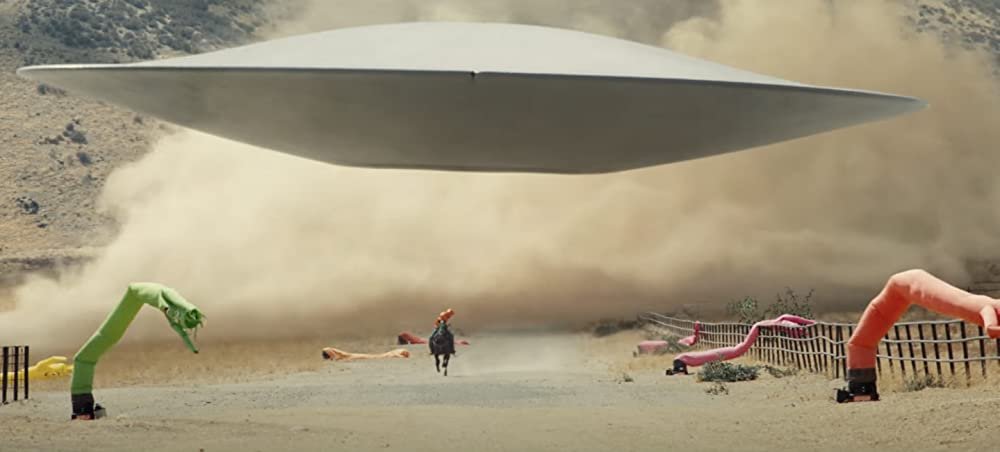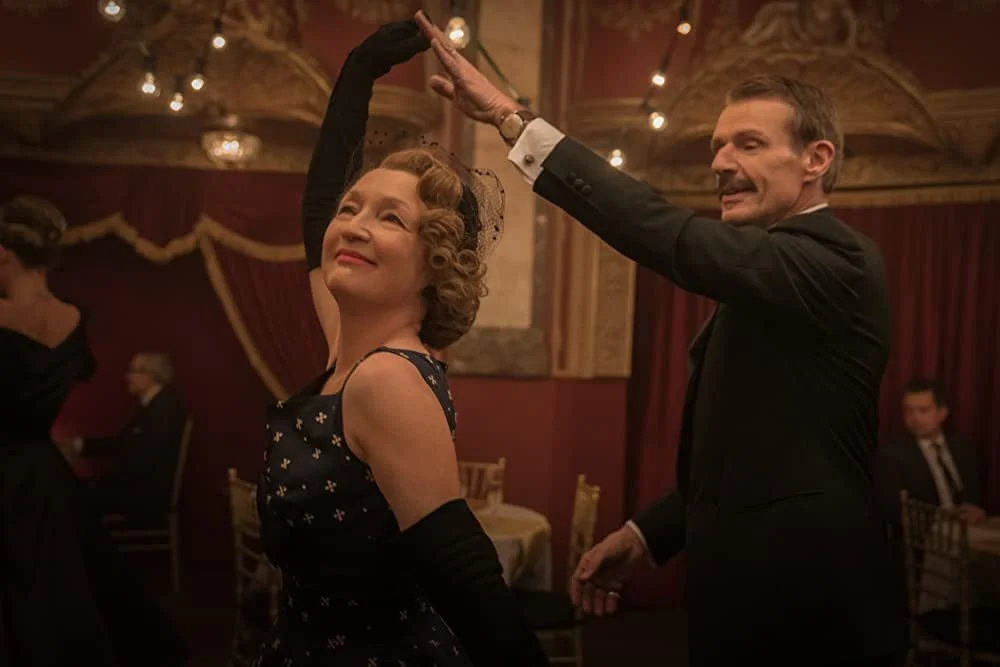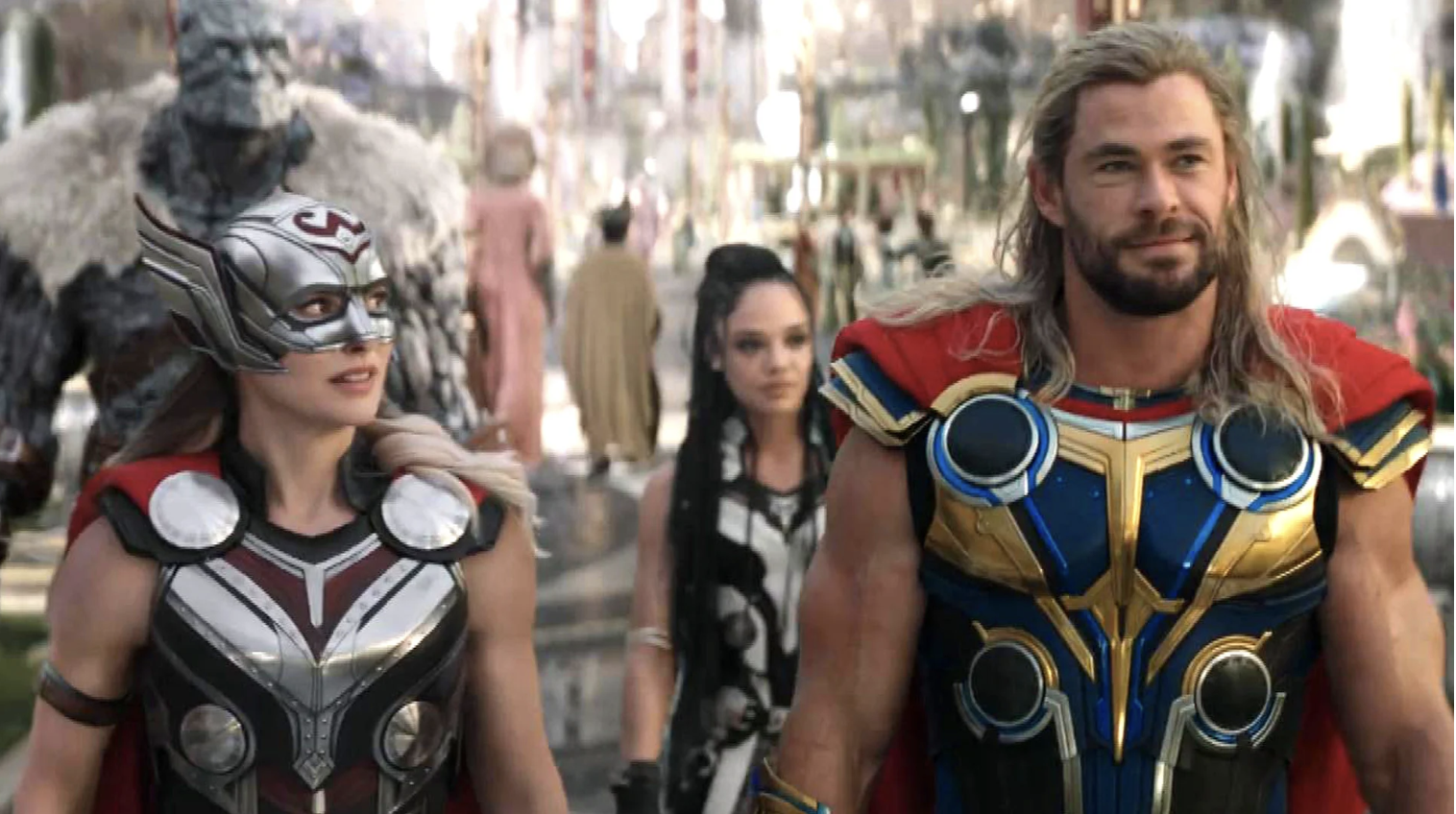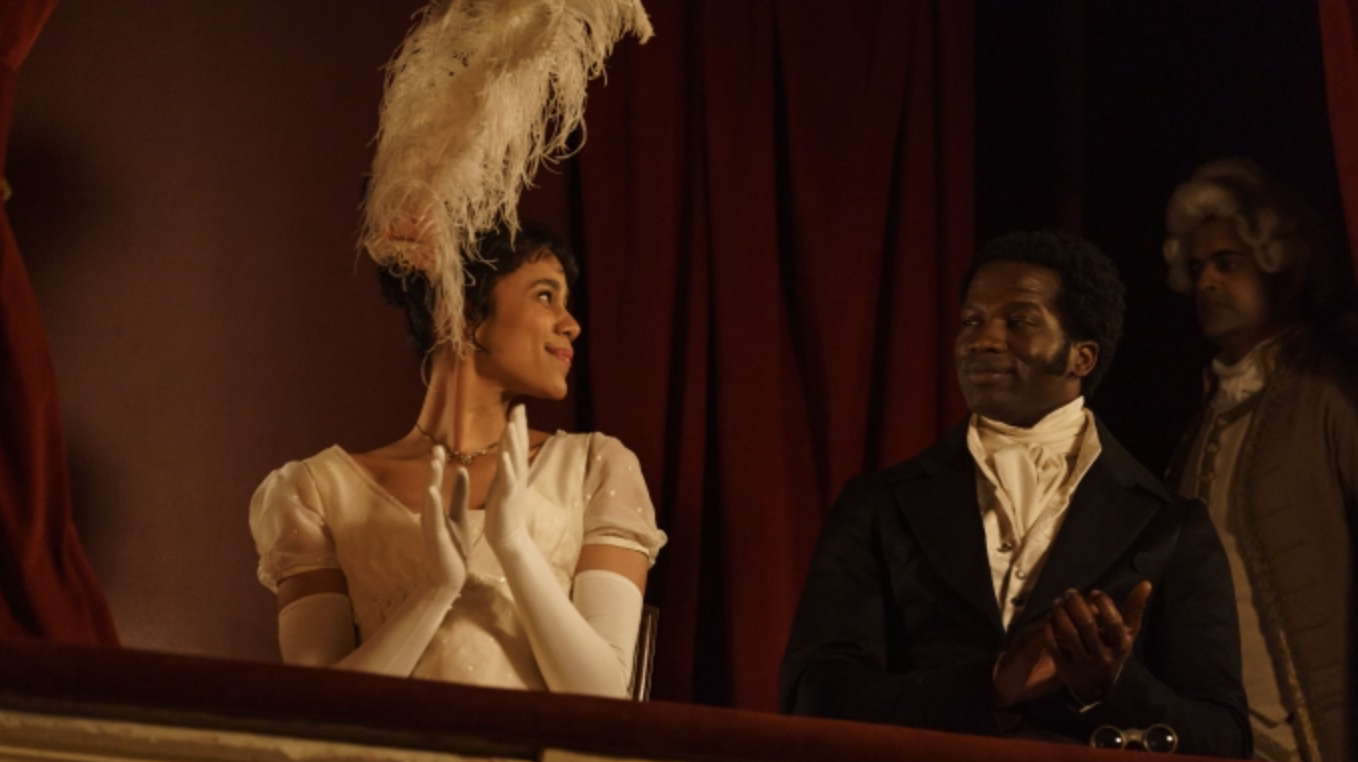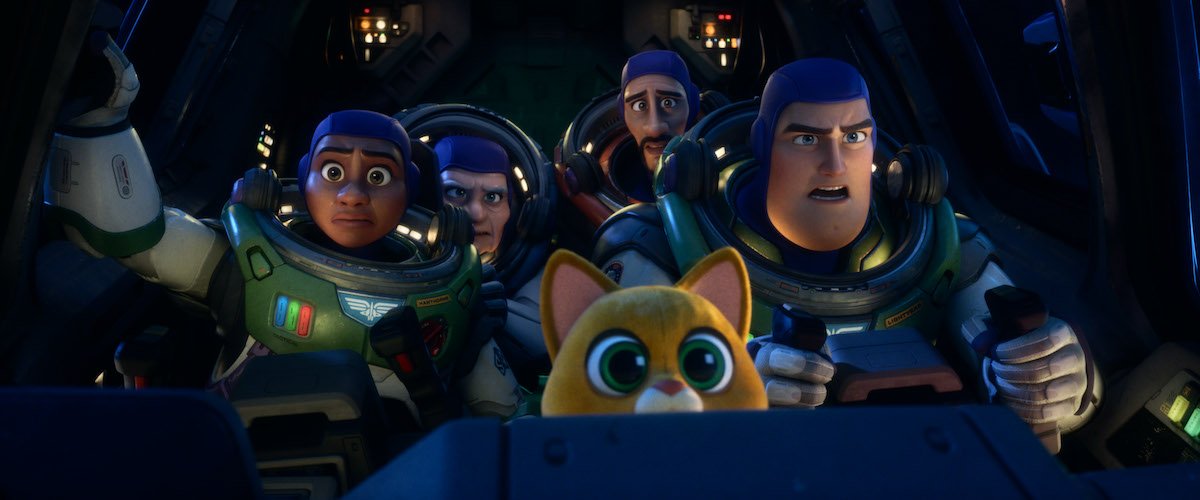NOPE
Directing: B
Acting: B
Writing: B-
Cinematography: B+
Editing: B
Special Effects: B+
It’s entirely possible that there’s something I’m missing about Nope, that there’s something great about it that isn’t registering. I’m inclined to give Jordan Peele the benefit of the doubt because Get Out (2017) alone proved him to be a visionary writer and director. Us (2019) was a less coherent, but still compelling, follow-up with a truly stunning performance by its lead actor, Lupita Nyong’o.
It might be fair to say that Nope, Peele’s new film, indicates a consistency of diminishing returns. There was something profound about his previous two films, whether in its script or in its actors (or both), which I fail to identify this time around. The potential certainly seems to be there: early on in Nope, an eerie tone settles over the film, and suggests this could be the 21st-century answer to the Spielberg masterpiece Close Encounters of the Third Kind.
Except . . . maybe not. Benevolence is clearly not what Jordan Peele is going for, nor is it ever. At 130 minutes, the pacing is slower than one might expect, and in the end, disparate threads I expected to come together in the end just remain unresolved. This may have been by design, but a sub plot about a chimpanzee rampage tragically killing people on the set of an old nineties sitcom—I just don’t get it. Maybe I will after I read some other reviews, a think piece here or there, and listen to some podcasts. Where my mind is right after seeing the film, though, is that I prefer films that provide some clarity on what the hell we’re seeing onscreen.
There’s a lot that happens in Nope that skirts logic. This is not to be confused with realism; a movie about a literally alien, otherworldly threat is unrealistic by definition. There are storytelling choices here that lack logic.
Which makes discussing Nope here much more of a challenge, because I don’t want to spoil anything critical, nor does anyone reading this (presumably). If Nope has any deeper value to me, it’s in the fact that I am now eager to learn what other people make of it. The trailer already reveals what appears to be a flying saucer, although “appears” is the key word there. I would be interested to learn what kind of research went into the design of that thing, which at times resembles a jellyfish, using the atmosphere the way a marine animal might move through water.
Nope is certainly unlike any other movie, or even any other Jordan Peel movie. In terms of what value that holds, I suppose your mileage may vary. It’s a mark in its favor, in my opinion. Daniel Kaluuya, returning after his starring role in Get Out, returns as a young man who has inherited his late father’s horse ranch, where they provide stunt horses for Hollywood productions. Keke Palmer plays his sister, who is barely interested in the business dealings of the ranch. With just a few scenes that are exceptions, the majority of Nope features either only these two, or a combination of them and three additional people: Brandon Perea as the alien-obsessed guy from the electronics store where they buy surveillance cameras; Steven Yuen as the local cowboy-entertainer who also happens to have been a child actor on the show with the chimp; and Michael Wincott as the cinematographer roped into helping them get the “impossible shot” of whatever they’re dealing with in the sky.
Kaluuya is one of the best actors working today, and yet his character here is so deadpan that it barely feels like he’s trying. Michael Wincott gives a similar performance, while Palmer and Yuen are a bit more animated. Yuen’s character is telegraphed to be key to the story, but in the end I cannot pinpoint how. The very opening scene is a reference to the chimp tragedy from the nineties, which would suggest it’s very important, but the narrative thread there winds up blowing away in the wind of that grey saucer thing.
In short, I don’t really understand Nope. What I can’t yet figure out is whether I should have, in light of its many redemptive elements: this movie is very effective at the suspense it establishes, and successfully creeped me out. It remains a fairly good time at the movies, with a plainly talented director and excellent actors, all of whom make unusual choices here, perhaps worth mulling over. Perhaps the most unusual thing about is that, in spite of my inability to settle on what to make of it, I want to recommend it, just so I can hear what others make of it. If that was specifically Jordan Peel’s intention, then maybe he really is a genius. Fuck if I know!
Sure.
Overall: B

